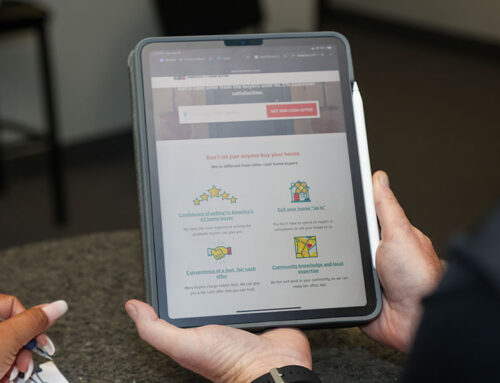
Real estate partnerships can help you expand your real estate portfolio faster than going it alone. Learn how to establish a healthy real estate partnership here.
Definition and Advantages
Real estate investors can expand their investment portfolios and potentially reach financial goals more quickly by entering real estate partnerships. Such partnerships provide benefits like access to resources, leverage, and shared risks.
A real estate partnership is a legal agreement between two or more parties jointly investing in properties. They can be individuals, companies, or other partnerships, pooling resources, capital, and expertise to buy properties benefiting the partners. Various forms include general partnership, limited partnerships, or limited liability partnerships.
Advantages include reaching investment goals faster, pooling resources, capital, information, experience, and contacts, providing purchasing power and access to opportunities individuals might not have. Partnership investments can diversify your portfolio, and possibly create better ROI.
Partnerships can be passive or active. One partner provides the capital or financing, while the other actively manages the property in a passive partnership. In an active partnership, all partners are hands-on, involved in managing the properties.
Ensuring Successful Partnerships
Here are some keys to successful partnerships:
- Understand your partner’s investment goals, expectations, and risk tolerance to avoid future conflicts. A well-drafted partnership agreement can provide guidelines for decision-making, profit-sharing, and dispute resolution.
- Look for partners with complementary skills and expertise, leveraging each other’s strengths to maximize the power of the partnership.
- Establish clear communication and ensure all partners agree to the overall strategy.
- Seek legal and financial advice before entering any real estate partnership so you understand the implications of your partnership’s structure including liability, taxes, and exit strategies.
- Have a clear exit strategy in case the partnership needs to disband. Prevent misunderstandings and disputes.
Setting Up a Partnership
Steps to setting up a real estate partnership include:
- Finding partners with similar investment goals, complementary skills, expertise, values, and expectations.
- Developing a well-crafted partnership agreement, a legally binding document outlining the roles and responsibilities of each partner, the decision-making process, profit-sharing arrangements, and potential exit strategies.
- Choosing the suitable partnership structure like general partnership, limited partnership, or limited liability partnership. Each has legal and financial implications you should understand.
- Determining how the partnership will be financed, including initial capital contributions from each partner in the form of cash, property, or other assets.
- Specifying the terms, including how profits and losses will be shared between partners.
- Clearly defining the responsibilities of each partner. Communication is crucial to the success of the partnership.
Partnerships in Real Estate: Pros and Cons
Partnerships have pros and cons.
Pros
- Partnerships provide access to more resources, including capital, knowledge, and expertise.
- Shared risk with partners can mitigate individual risk.
- Partnering can help investors diversify their real estate portfolios across multiple properties and markets.
- Partnerships leverage strengths and expertise, leading to more effective property management and potentially higher returns on investments.
Cons
- Profits are shared among partners.
- Decision-making can bog down with more seats at the table.
- Disagreements and resentments can build up, creating tension and straining relationships.
HomeVestors®: Better Than Partners
Consider a real estate franchise vs independent partnership. Independent partnerships leverage the benefits of shared resources, expertise, and capital. But a better way to get the benefits of partnership minus the complexities is becoming an independent HomeVestors® franchisee. Gain all the advantages of having a real estate partner… but better.
HomeVestors is the leading real estate investment franchise in the U.S., known for our “We Buy Ugly Houses®” brand. Having an independently owned and operated HomeVestors franchise of your own is like having a real estate partner, but better because you’ll have access to our proven business model with established systems and processes, as well as access to lenders for financing and capital.
Partners bring their individual expertise and skills to the table. As a HomeVestors franchisee, you have access to the vast expertise of the seasoned HomeVestors team, as well as comprehensive training, ongoing support, and resources. You’ll have experts help you navigate the real estate market, analyze deals, negotiate with sellers, and buy and sell properties. HomeVestors has a team of specialists in marketing and operations, providing guidance and support.
A typical partnership relies on the partners’ connections to find investment opportunities. But a HomeVestors franchisee benefits from our well-known brand in the real estate industry, opening doors to opportunities, leads, and potential deals. You’ll have access to a network of experienced franchisees who can offer support and mentorship.
Partnerships require the time-consuming development of new systems for operating. But with a HomeVestors franchise, you’ve got the benefit of an established system refined over decades. You can leverage the proven systems and processes of HomeVestors to achieve your investment goals faster. Learn more by filling out and submitting a franchise form today.
Contact
"*" indicates required fields





